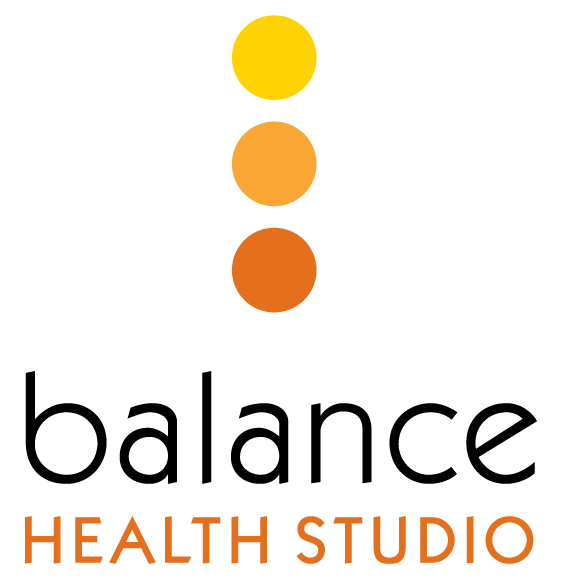This week on The Health Made Simple Show, Dr. Bart Precourt covers one of the most commonly discussed practices in the health and scientific communities: Dieting.
We will learn what you must contemplate when considering a diet, Dr. Bart’s five rules for dieting, and the importance of understanding a nutrition label.
Also, we will cover the importance of root vegetables, the dangers of being solely calorie focussed, and how to think about veganism and vegetarianism.
Which Diet is Right For Me?
When considering diets, it seems as if there is a new one to know every single day.
Whether it is the Weight Watchers diet, the low carb diet, the south beach diet, or even the keto diet, the new best practice comes around before we can wrap our minds around the past one.
The commonality between diets is that they all continue to chase one common ingredient: Weight loss. While this is important to all of us, this is more of a side effect of your strategy as opposed to the result.
The reality is that we overcomplicate nutrition, and we over complicate health.
We need to get back to the basics.
The God’s Garden Meal Plan
This strategy is the most effective diet for all human beings worldwide, and it comes down to five different steps.
1. If it Comes from a Root, a Plant or a Tree… If it Walks in the Garden or Swims in the Sea… then EAT IT!
These are simple guidelines that will help you identify NATURAL sources of energy that our bodies were designed to thrive on!
2. Our Food Needs to Be Organic AND Non-GMO!
Yes, they are more expensive, but we must invest in our health. Getting sick is costly too!
This is especially true with porous foods (i.e., strawberries, raspberries, etc.)
3. Our food cannot be processed.
When food is processed, it significantly reduces the nutrients our bodies need.
4. The Food We Eat Must Have Been Around for at Least 1000 Years.
As various food is consistently modified and introduced, we must find foods that genuinely come from the Earth.
5. If You Don’t Know, the Answer is No!
Instead of guessing, we must set standards on what we put in our bodies.
We Are Narrow in Food Selection
The majority of us typically only eat ten different foods when there is a whole world of options. This has led to deficiencies in the nutrients we desperately need.
There are many food groups that we avoid. One of these foods is organ meats. By eating various organs, we heal organs within ourselves. Eating the liver heals the liver; eating the heart improves the heart.
What about Vegans and Vegetarians?
There are two schools of thought when it comes to choosing to adopt a vegan or vegetarian lifestyle. The first is for the welfare of the animals, a noble and valid pursuit. However, most of those practicing these diets do so for the health benefits they believe it offers.
A recent boom in this mentality is due to the documentary Gamechangers.
We must not forget that documentaries often rely on emotional impact as oppose to that of sound science. With Gamechangers, this is no different, as various points are just “bad science.”
When animal protein, such as grass-fed beef, is consumed, it can often be better for us than even kale.
The key is quantity. We need not have meat with every meal, nor solely vegetables for each meal. While both are in God’s Garden, they do not alone make up ALL of the garden.
Root Vegetables
While root vegetables have not become widely popular, they still can be common. They are vegetables such as beets, sweet potatoes, turnips, ginger, carrots, and countless others.
They carry more minerals and trace minerals than anything that grows above ground.
In addition, they lead us to become more grounded, allowing us to battle mental health disorders like anxiety and depression.
What about Calories?
Calories DO NOT Matter.
The myth of the calorie in and calorie out theory completely ignores how the actual calories we are consuming impact our bodies.
What about Sugar?
Sugar is not good for us. However, we should not measure our daily sugar intake. While it can cause problems in large amounts, this is not what should be concerning us.
If you are going to measure anything, you should measure total carbohydrates intake. These are doing the same, if not more, damage as the sugar.
How Should We Read a Label?
When reading a label, do not worry about the calories, the fat, the sodium, or any other number on the label!
Go DIRECTLY to the ingredients
We should be only eating foods that have one ingredient!
This does not mean we should avoid a medley of carrots, onions, and peppers. Instead, we should find the foods in God’s Garden and use that as the premise.
Deficiencies and Supplements
There are general reasons that cause our body to be deficient in certain areas. These are farming, yes, even organic farms, poor digestion, and medication.
Even with a healthy diet, you still need to use supplements. This is because we live in an overfarmed country, limiting the amounts of essential vitamins and minerals that our bodies receive from the food we consume.
As we live in a hyper medicated culture, many medicines that we take block nutrient absorption. You should not stop taking medication, but develop a strategy and consider the impact it is. Always consult your physician before making any medication decisions.
The three most important supplements to ensure we are taking are trace minerals, vitamins, Omega 3’s.
The supplements can be found at the link below!
Medically reviewed and written by:
Dr. Bart Precourt
Founder of The Health Made Simple Show
Doctor of Chiropractic
Register for the Health Made Simple Show
If you are interested in registering for the Health Made Simple Show please visit http://www.healthmadesimple.com





